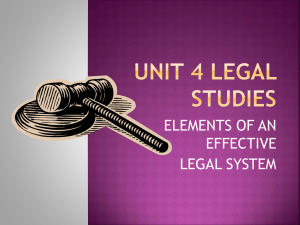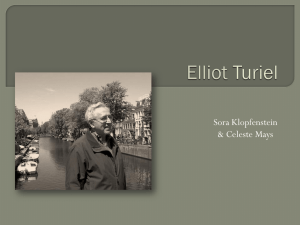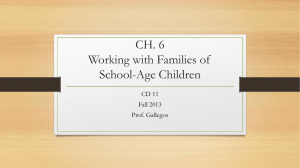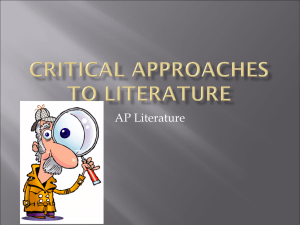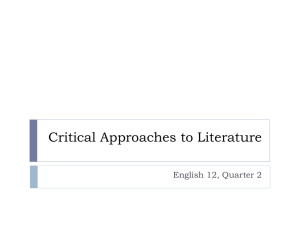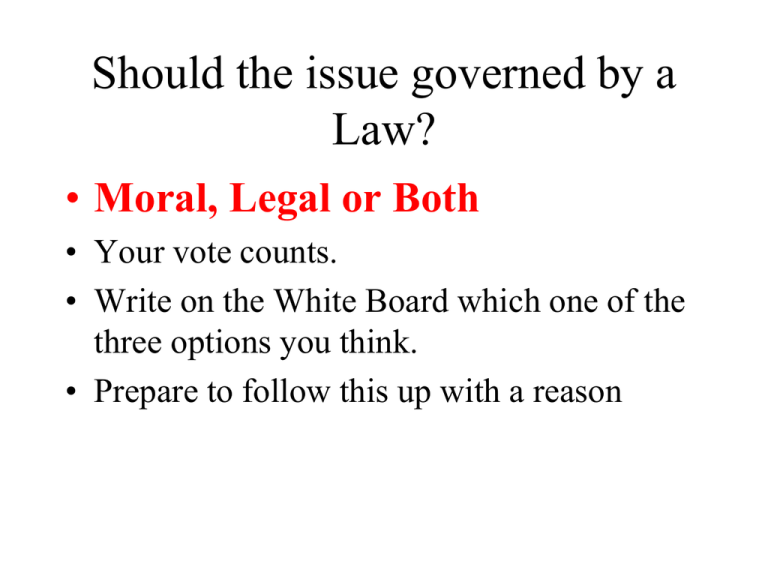
Should the issue governed by a
Law?
• Moral, Legal or Both
• Your vote counts.
• Write on the White Board which one of the
three options you think.
• Prepare to follow this up with a reason
Law and Morality
Key issue: Do the rules that govern
our lives work best when they reflect
society’s customs and beliefs?
Law and Morality splits into 3
parts:
• What is Law and morality
• What is the relationship between law and
morality.
• Should law reflect moral values of society
Law
• All rules of the state that govern our lives
• Legal positivism: As long as laws are made by
the recognised process then they are valid, i.e.
judicial precedent or parliament.
• Natural law: In order for laws to be valid they
must conform to a higher authority than man, e.g.
have religious rigour.
• Natural law and legal positivism can reach the
same conclusions on the validity of laws but can
also come to differing results.
Natural law vs Legal Positivism
The law is morally
correct – Valid Law
The process is
correct – Valid Law
Both
Place the following laws on the
diagram
• The overlap is where natural law and legal
positivism would agree on the validity of the law.
1.
2.
3.
4.
5.
6.
7.
8.
9.
10.
11.
Abortion
Adultery
Nazi law stopping Jews from being doctors
Fox hunting
Murder
Lying
Taking a legal high
Smoking on a train platform
Animal testing for medical purposes
Selling alcohol to an 17 year old
Parking on double yellow lines
Legal Positivism
• John Austin – Liking laws doesn’t matter as long as
made using proper process – The liberal view of laws.
• H.L.A Hart – To be valid laws have to be primary or
secondary
• Primary – Impose obligations (criminal law) or grant
powers (contract law).
• Secondary – Primary must be made by parliament or
judges
• AND
• must have a process for creation, amendment and
revocation.
Natural Law
• Thomas Aquinas – In order for laws to be valid
they must satisfy a set of higher moral values
than man’s, e.g. Divine law.
• Name one divine law that links to actual law and
one divine law that doesn’t?
• Lon Fuller – 8 principles of inner morality not
linked to belief in god (page 4), e.g. published
laws, possible to obey.
• Natural law sometimes called the paternal
view of laws.
Write a brief statement saying whether the law
below is valid from a natural law point of and a
legal positivist point of view.
1.
2.
3.
4.
5.
6.
Murder
Stealing an iphone
Having a license to run a strip club
Performing sadomasochistic sex in private
Giving a third off for an early guilty plea
Passing a law for all ginger headed people to pay 10%
extra tax each year.
7. Death by stoning for adultery
8. Allowing prisoners to vote
9. Allowing gay and lesbian couples to be married in a
holy place
Morality
• Meaning of this word is a custom, habit or usage that is determined by man’s
will rather than by laws
• Similar to laws - Cicero – Roman speaker who said laws and customs must
be obeyed
• Emile Durkheim (sociologist) noted that law and morality can be the same
when society have a lot in common, e.g. jobs, aims, religion
• However Durkheim noticed that the more society became fragmented the
less law and morality achieved parity, known as anomie.
• Factors for breakdown between law and morals: increasing specialisation of
labour, ethnic diversity within society, and the fading influence of religious
belief
• Pluralist society: The UK is made up of numerous distinct ethnic, religious,
or cultural groups which are tolerated by the majority of people.
• A pluralist philosophy believes this is both desirable and beneficial to the
well being of most people
• Give one example problem of laws not being in tune with societies morals?
What are the similarities and
differences between law and morals
•
•
•
•
Similarities
Set standards of behaviour
in society
Use similar language
They often overlap
Legal rules often rely on
underlying morals to ensure
they are easy to enforce
Differences
• Morals are often not
enshrined in law
• Moral obligations
sometimes ask the
individual to do more than a
legal one
• Moral obligations are much
harsher when omitting to do
something
Influences of law on morals and
morals on law
Law on Morals
• Race Relations
• Lowering homosexual age
of consent to 16
• Smoking in public places
Morals on Law
• Rape in marriage illegal R v
R
• Abortion
• Hate crime laws
• Anti stalking and
harassment laws
• Forced marriage laws
Does and should law reflect moral
values?
• Natural lawyers argue that a law cannot be valid without being
based on morality
• Mill developed the ‘harm principle’, where law should only
intervene where an individuals positive actions (not omissions) are
likely to cause harm to others.
• In limited situations omissions could be harm, eg failing to give
evidence in court.
• Stephens LJ disagreed with Mill, ‘The law, he argued, has a duty
to proscribe behaviour condemned by society at large.’
• Mill argued where the harm was only to the individual themselves
this was their right, ‘the inconvenience is one which society can
afford to bear, for the sake of the greater good of human freedom’
Hart - Devlin debate
1. Law Lord, Patrick Devlin, well known judge in 20C
: ‘without shared ideas on politics, morals, and ethics,
no society can exist’ and felt laws should be based on
society’s morals.
2. Professor Hart, Oxford academic and legal
philosopher felt the opposite, society should not
interfere with private moral or immoral conduct.
3. Hart said law should only interfere with private
matters where there is evidence that it creates a
genuine public nuisance.
Hart - Devlin debate
4. Wolfenden Report 1957 on homosexuality and
prostitution recommended legalising
homosexual acts between for men aged 21 and
over.
5. What do you think Devlin’s view was? Did
Devlin believe homosexuality to be wrong?
6. What do you think Hart’s view was? Did Hart
believe homosexuality to be wrong?
Hart - Devlin debate – applied to other areas
of law
Would Hart or Devlin approved of this?
1.
2.
3.
4.
5.
6.
7.
8.
9.
Shaw v DPP – new offence created of ‘conspiracy to corrupt public morals’.
R v Gibson: an artist was convicted under the common law offence of
outraging public decency for exhibiting earrings made from freeze-dried
human foetuses.
Re A – Conjoined twins
Re S – enforced caesarean
Quayle & Other – possession of cannabis to stop MS pain
Brown & others – sado masochistic sex prosecution
R v Wilson – tattooing on wife’s buttocks.
Gillick – Allowing U16’s right to confidential issuing of pill
Diane Pretty – Denying right to allow assistance in suicide from terminal
disease.
Parliamentary debate over law
making and morals
1.
2.
3.
4.
5.
The Human Fertilisation and Embryology Act 1990
Mother, female partner babies
Saviour siblings
Hybrid embryos with 3 or more parents
Civil partnership Act and the Marriage (Same Sex Couples) Bill
2013
6. Rights of gay people to be married
7. Rights of suspected terrorist to be detained without trial
8. Abortion Act 1967
9. Animal experimentation
10. Assisted Suicide
11. Equality Act 2006 – same sex adoptive parents
Consider the view that there is a close relationship between law
and morality.Examine the debate as to whether the law should
reflect moral values, and discuss issues which show the
continuing importance of that debate. (30marks + 5 QWC)
1. Theories on how valid laws are made
2. Process is important vs morals are more important
3. How laws and morality interact
4. Morals create laws, laws affect morals, examples, connect to theories
5. Benefits and problems, example cases, Acts
6. Hart/Devlin debate – How far should law reflect morals
7. Hart & Devlin theory – link to Wolfendon report
8. Brown & Wilson and Hart v Devlin
9. Apply Hart/Devlin to recent cases, Acts issues
10. Benefits of each approach, e.g. Assisted suicide, RE A
11. Can Parliament & courts create laws and apply them without discussing moral
issues today?
12. Example cases and situations – advantages and risks.
13. Conclude How important it is law reflects morals in Criminal and civil law?



